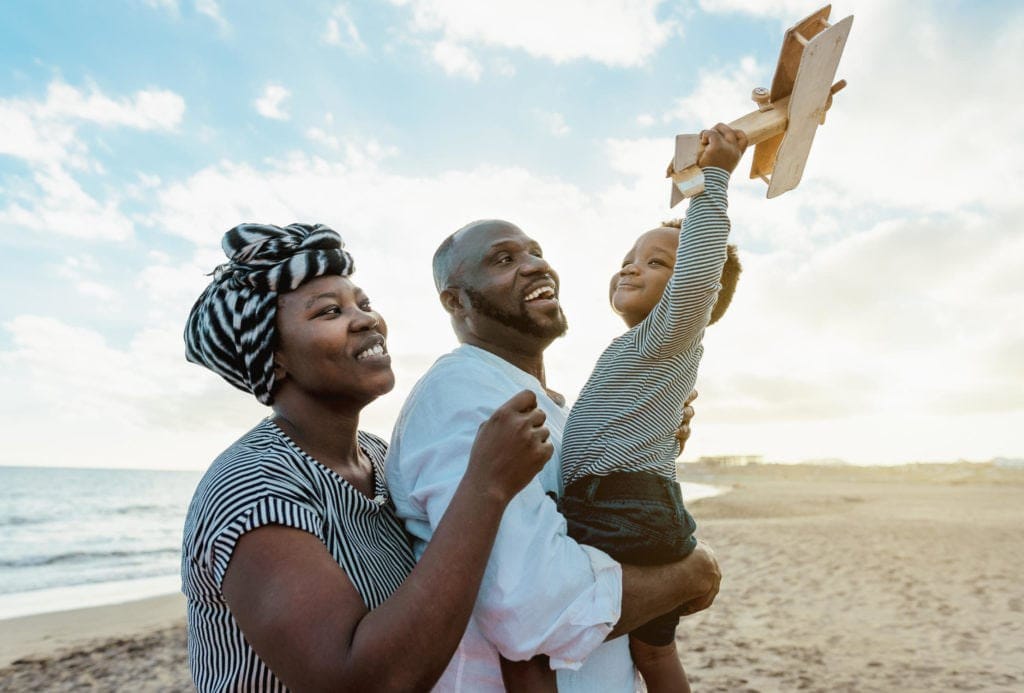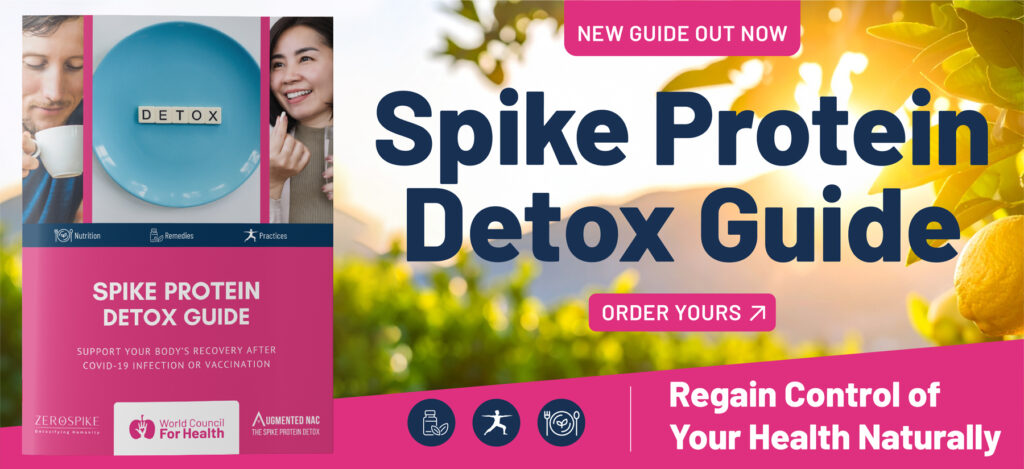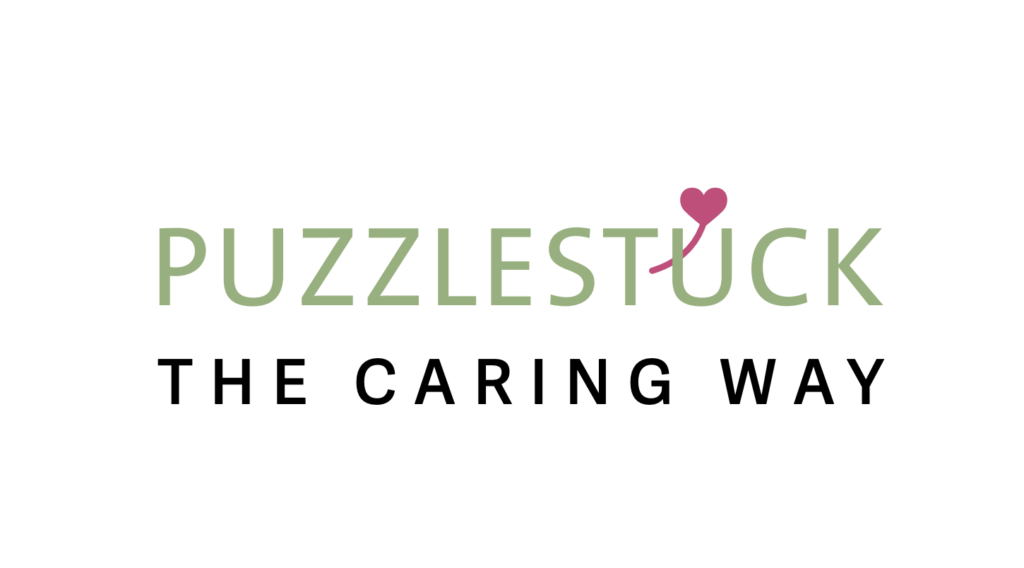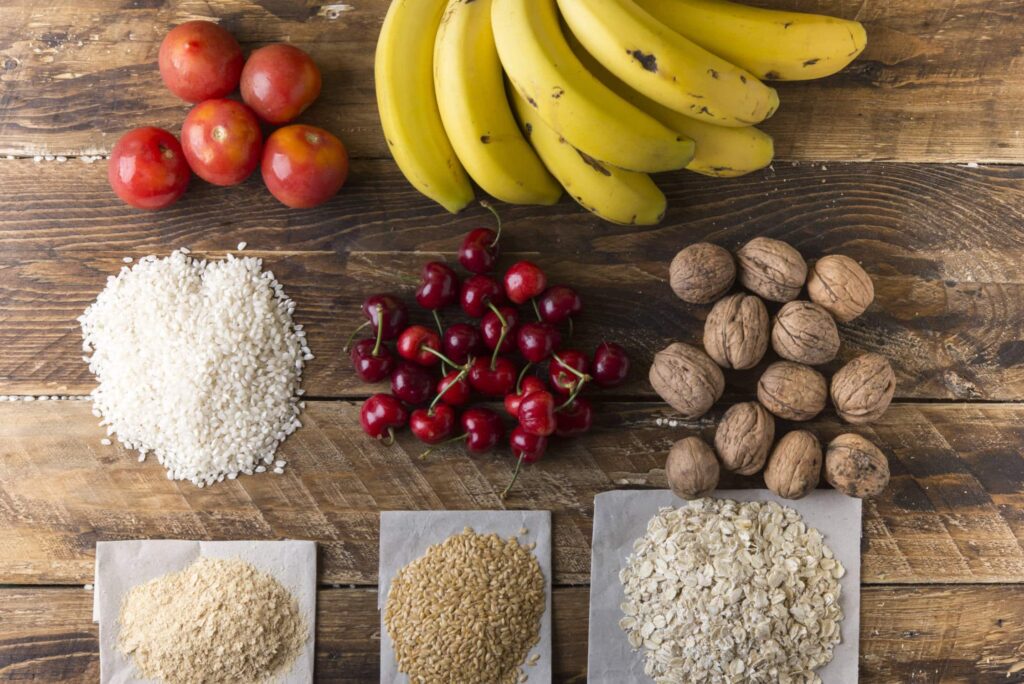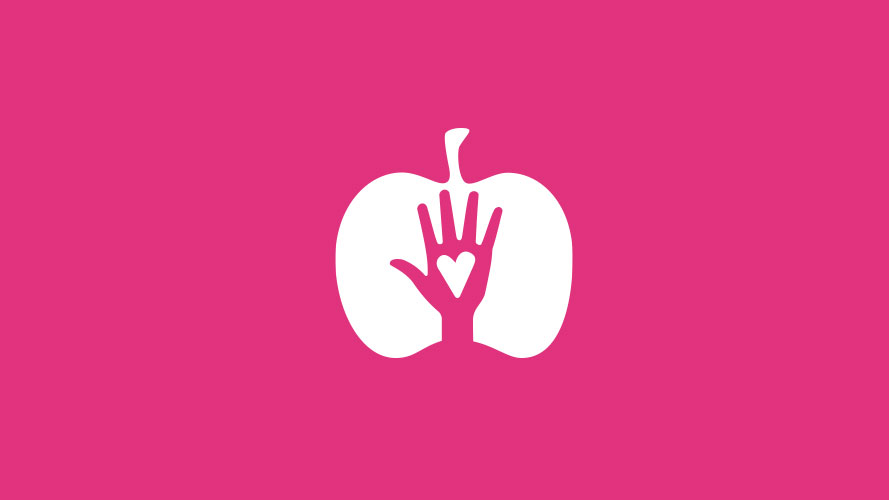Who is this for?
This Covid-19 and Pregnancy Guide is for pregnant women, new mothers, and women trying to conceive.
Key points
- Mounting evidence indicates that pregnant or breastfeeding women and those trying to conceive should not get vaccinated with the experimental Covid 19 vaccines
- Healthy pregnant women are at no more risk of getting Covid-19 than the general population and healthy people under 50 are at low risk of severe disease, hospitalisation, or death from Covid-19
- Covid-19 is easily treated with therapies and products that are safe to use in pregnancy
- The single best thing you can do for you and your baby is to be healthy: do more of what nourishes you and your immune system, and stop engaging in activities that do harm
Important
This guide is for information purposes only and is not a substitute for medical or healthcare advice. Please always consult with your trusted health practitioner about the information contained within this guide.
In this guide, we will answer these common questions about Covid-19 and pregnancy :
- If I get Covid-19 when I am pregnant, can I pass it on to my baby?
- What can I do if I get Covid-19 when I am pregnant?
- Supplements and medicines safest to use for treating Covid-19 in pregnancy
- Should I get vaccinated against Covid-19?
- Should my baby get vaccinated against Covid-19?
- I’m being told to get vaccinated. What do I do?
- I am already vaccinated and worried. What do I do?
- How do I protect my baby from Covid-19
Being pregnant is a very special time in a woman’s life. Don’t let Covid worries spoil this precious experience. Be reassured that:
- Over two-thirds of pregnant women with Covid-19 have no symptoms at all, and most pregnant women who do have symptoms only have mild cold or flu-like symptoms. Only a small number of pregnant women may become unwell with Covid-19.
- Whilst some studies have shown that there are higher rates of admission to intensive care units for pregnant women with Covid-19 compared to non-pregnant women with Covid-19, it is important to note that this may be because clinicians are more likely to take a more cautious approach when deciding whether to admit someone to the intensive care unit when a woman is pregnant.
- Some websites suggest that hospital admission may be more common in pregnant women with Covid-19 than in non-pregnant women of the same age. This is partly because pregnant women are also admitted to hospital for reasons unrelated to Covid-19.
- There is no need to test for Covid-19 at any time in pregnancy, even if you suspect you may have Covid-19. Testing healthy people generates a high number of false positives and is not diagnostic of active disease and the tests have been shown to be highly unreliable.
If I get Covid-19 when I am pregnant, can I pass it on to my baby?
There has been no evidence found so far that suggests an unborn child could contract Covid-19 through his/her mother’s bloodstream. The Centre for Disease Control and Prevention (CDC) and the Society for Maternal-Fetal Medicine (SMFM) have no reported cases of pregnant women passing on the virus to babies.
During pregnancy, antibodies from mothers are passed to their unborn babies through the placenta.
Antibodies are special proteins the immune system produces to help protect the body against bacteria and viruses.
What can I do if I get Covid-19 while pregnant?
If you are otherwise healthy you should refer to our document Early Covid-19 treatment guidelines: A practical approach to home based care for healthy families.
Although our Early Treatment Guide is provided as an educational service for people and their families, it does not provide individual medical advice or prescribe. During pregnancy, we prefer to use as few medications as possible. Please consult your trusted health professional for individual advice or medical care.

Supplements and medicines safest to use for treating Covid-19 in pregnancy
- Immune support: zinc, vitamin C , vitamin D, multivitamins, melatonin.
- Antiviral mouth wash/nasal spray. Based on the severity of your illness, your trusted health professional may consider prescribing hydroxychloroquine or ivermectin.
- Anti-inflammatory N-acetylcysteine (NAC), and antihistamines such as cetirizine.
- Antihistamines can also help with nasal congestion and a runny nose.
- Anticoagulant aspirin can be used but should be avoided during the last 3 months of pregnancy.
- Symptom support acetaminophen/paracetamol and cough medicines.

Should I get vaccinated against Covid-19?
This is entirely your decision, but there is no evidence that Covid-19 vaccines are safe in pregnancy, when breastfeeding, or when trying for a baby.
Even though they are called ‘vaccines’ the new Covid-19 injections are very different to traditional vaccines. The technology being used is so novel, it had never been tested on humans before the Covid-19 crisis. Normally, vaccine development takes around ten years: Covid-19 vaccines were developed and marketed in under a year, so it’s impossible to know what their long-term effects and potential risks to mums and babies are just yet.
What is clear, is that there is significant evidence that these injections can harm mother and baby, and also that they may harm fertility.
- Pfizer’s documentation shows that in the first three months of the Covid-19 injection roll-out, out of 29 pregnancies of which Pfizer knew the outcome, only 1 baby survived.
- The V-Safe study that regulatory bodies such as the MHRA and FDA cite as demonstrating vaccine safety in pregnancy, in fact demonstrates risk. This study reports an 82% miscarriage rate in the first trimester, and the Covid-19 vaccines in pregnant women in this study lead to an eightfold increase in spontaneous abortions and a threefold increase in stillbirths.
- In nations where data on adverse reactions to the vaccines are recorded, there are now thousands of reports of stillbirths, miscarriages, changes in menstrual periods, and fertility issues. As yet, no safety audits of these pharmacovigilance databases have been conducted.
- Evidence from a Pfizer research document that was released under a freedom of information request (FOIA) shows that Covid-19 vaccines do not remain at the injection site in the arm muscle but instead spread throughout the body including to the brain and ovaries. The effects of this bio-distribution have not been properly investigated.
- It is not known how much of the vaccine contents or their products, such as spike proteins, cross the placenta and whether they may be harmful to a developing baby.
- It is unknown whether Covid-19 vaccines are excreted in breast milk, but since they spread throughout the body, it is likely that breast milk may be contaminated by the vaccines.

Should I get my baby vaccinated against Covid-19?
Babies are at next to zero risk of becoming ill from Covid-19 and there is no evidence that Covid-19 vaccines give babies protection against the illness. However, there are many risks associated with the Covid-19 vaccines and, as explained above, no evidence that they are safe.

My doctor/midwife/healthcare practitioner is telling me to get vaccinated. What do I do?
You are responsible for your own body and health. This is called Bodily Autonomy and by law, you must be given certain information in order to make a decision. You must also be allowed to freely make a decision without coercion, duress, or influence and be given time to make that decision.
It’s your body and your choice and it is important to consider this decision carefully. This process is called informed consent.
The decision to take any medicinal product must be yours and you should think very carefully before accepting Covid-19 inoculation as it cannot be taken out again or reversed.

I am already vaccinated and worried I may have harmed myself and/or my baby – what do I do?
Making healthy choices – doing more of what nourishes you and less of what depletes you – is the best thing you can do for you and your baby, whether you are vaccinated or not.
You can also take a look at our Spike Protein Detox Guide, which is helpful for both vaccinated people and those who have had Covid in clearing spike protein from the body. However, please do not undertake a spike protein detox without consulting your trusted health professional, especially if you are pregnant or breast feeding as some of the suggestions in the guide may not be appropriate.

How do I protect my baby from Covid-19?
The good news is that babies and children are usually only affected mildly by Covid-19 if at all, and moms do not need to stay away from their babies if they have Covid.
- A healthy diet and lifestyle are vital for staying healthy in pregnancy and while breastfeeding. Baby will also benefit nutritionally, by mothers eating a healthy diet and this will support the babies own immune system and general health. During pregnancy and while breastfeeding antibodies are passed from mother to baby, and this helps to protect the baby against infections, including Covid-19. Babies will also benefit nutritionally by mothers eating a healthy diet.
- Taking regular nutritional supplements can also benefit pregnant and nursing mothers and hence their babies. It is especially important to get good levels of vitamin D. The best source of vitamin D is exposing our bodies to natural sunlight, but this is often not possible in the northern hemisphere and seasonally, hence supplementing vitamin D is important.
- Social contact, cuddles, relaxing, and bonding are also important for the general health of moms and babies, and can even benefit the immune system. New moms should avoid extra stress and take time to relax and catch up on sleep.
- Mask wearing is best avoided and is likely to be psychologically detrimental for babies and children especially. Mask wearing can also interfere with the bonding between mother and baby. Regular masks and face coverings do not prevent the spread of viral infections and are unlikely to reduce the risk of transmission.

The most important things you can do are to be prepared, take care of your immune system, and if you or someone else in your family contracts Covid-19, treat early at home using a combination of therapies that attack Covid from a variety of different angles. See our Early Covid-19 Treatment Guidelines.
